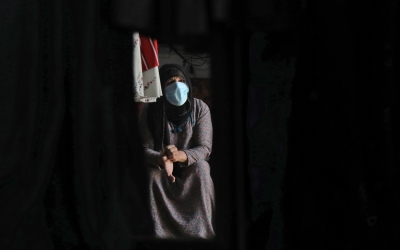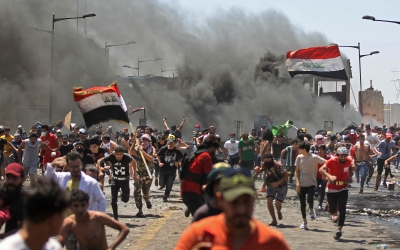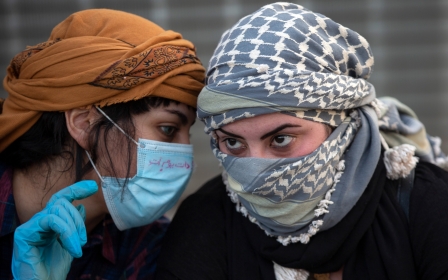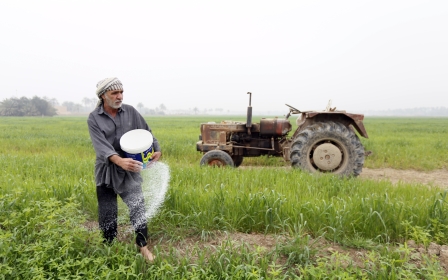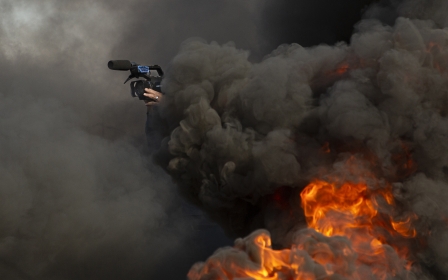Iraq's new government completed as seven remaining ministries filled
Iraq's parliament on Saturday approved the remainder of Prime Minister Mustafa al-Kadhimi's cabinet, making Ihsan Abdul Jabbar Ismail oil minister and passing the candidates for six other government posts, lawmakers said.
Kadhimi became prime minister in May after five months of political deadlock after his predecessor Adel Abdul Mahdi resigned under pressure from mass anti-government protests.
Parliament had approved all but seven members of a cabinet of 22 portfolios.
They passed the nominees for the oil, foreign, trade, culture, agriculture, justice and migration ministries on Saturday.
Ismail is the chief of Iraq's Basra Oil Company, the state-run body that oversees oil production and export operations in the Opec member's southern oilfields.
His appointment comes as Iraq participates in Opec+ talks to decide on an extension to oil production cuts amid the coronavirus pandemic and low global oil prices.
Iraq told Opec it would start an urgent plan to cut its oil production gradually to fully comply with its quota, an Opec delegate said on Saturday, after the group demanded that Baghdad and other laggards adhere to a pact on output curbs.
Iraq's plan would include reaching a deal with oil majors to start significant cuts from Iraqi oilfields where they operate and reaching agreement with the Iraqi Kurdish region to contribute to the total production cut, the delegate told Reuters.
Salary crunch
Kadhimi, Iraq's former intelligence chief, is not backed by any particular party and seen as acceptable to both Iran and the United States, Iraq's two main allies.
His cabinet nominations were approved after backroom deals among Iraqi political parties and leaders.
Kadhimi's government faces a health crisis as coronavirus cases rise, an oil-dependent economy in dire straits, the attempted resurgence of the Islamic State and US-Iranian tension that brought the region to the brink of war earlier this year.
Appearing on the horizon is Baghdad’s inability to secure the next two months’ salaries for public sector employees, or pay pensions and benefits, a loss of income that would affect the majority of Iraqi households.
Officials fear such an outcome could stoke widespread unrest, threaten the new government and see public institutions, including oil fields, targeted by angry protesters.
Middle East Eye delivers independent and unrivalled coverage and analysis of the Middle East, North Africa and beyond. To learn more about republishing this content and the associated fees, please fill out this form. More about MEE can be found here.


